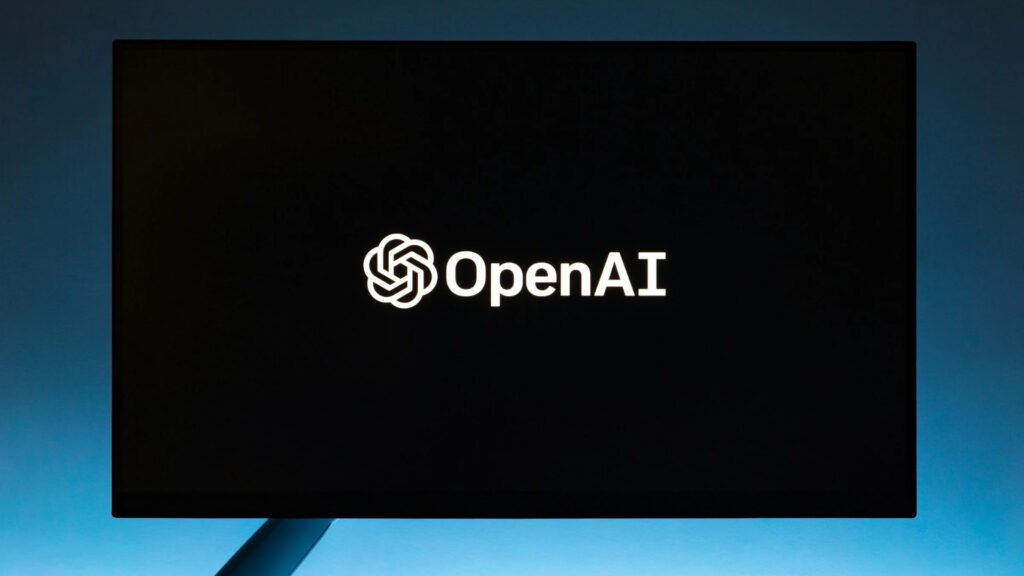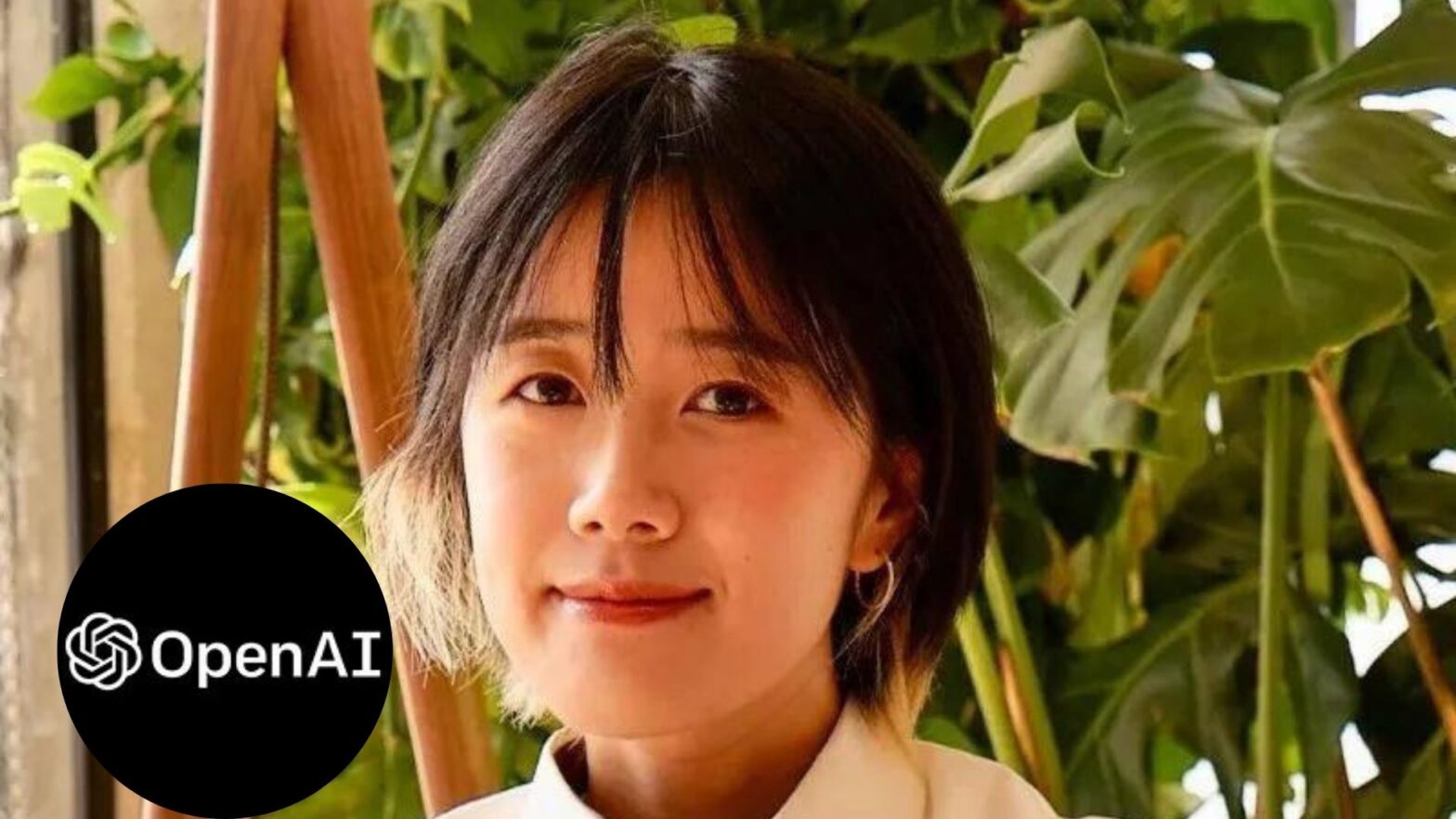Lilian Weng, OpenAI’s Vice President of Research and Safety, has announced her departure after seven years with the company. Her exit, set for November 15, 2024, follows a series of high-profile resignations among key safety researchers at OpenAI, raising concerns about the company’s shifting focus from safety to commercial interests.
Weng joined OpenAI in 2018 and initially worked on robotics, contributing to a robotic hand capable of solving a Rubik’s Cube. As the company pivoted toward generative AI models like GPT-4, Weng transitioned to safety roles, leading the creation of the Safety Systems team. Under her leadership, this team grew to more than 80 researchers focused on AI safeguards. However, her departure adds to the growing list of exits by key safety personnel, including CTO Mira Murati and research VP Barret Zoph, as well as former colleagues in the now-dissolved Superalignment team.

Weng herself cited a desire for new challenges, stating on X (formerly Twitter), “After seven years at OpenAI, I feel ready to reset and explore something new.” Her decision to leave is framed as part of a broader trend within the company, where some insiders claim OpenAI’s increasing emphasis on product development is sidelining its commitment to AI safety. Notably, the Superalignment team, which worked on managing superintelligent AI systems, was disbanded earlier this year, a move that raised alarms among safety advocates.
Miles Brundage, a former policy researcher at OpenAI, noted that these exits reflect growing dissatisfaction with the company’s commercial priorities. He expressed concerns that without strong leadership in safety research, OpenAI could be risking the ethical deployment of its increasingly powerful AI systems.
The loss of Weng is also significant in the context of AI safety, as OpenAI has become a leader in this field with its cutting-edge work on safeguards. However, the company now faces tough questions: How will it maintain its safety research momentum? Will the departures affect its ability to uphold robust safety standards as AI technology advances?

OpenAI responded to Weng’s exit by expressing gratitude for her contributions, emphasizing that the Safety Systems team will continue its vital work. “We are confident the Safety Systems team will continue playing a key role in ensuring our systems are safe and reliable,” an OpenAI spokesperson said. Despite reassurances, experts like Dr. Lisa Kumar, an AI ethics specialist, warned that such high-profile departures could trigger a reassessment of OpenAI’s future direction, particularly as AI regulatory concerns intensify globally.
In sum, Weng’s departure underscores broader concerns about OpenAI’s commitment to responsible AI development. The company must now grapple with maintaining its safety protocols in the face of escalating commercial pressures and a shifting leadership landscape.















